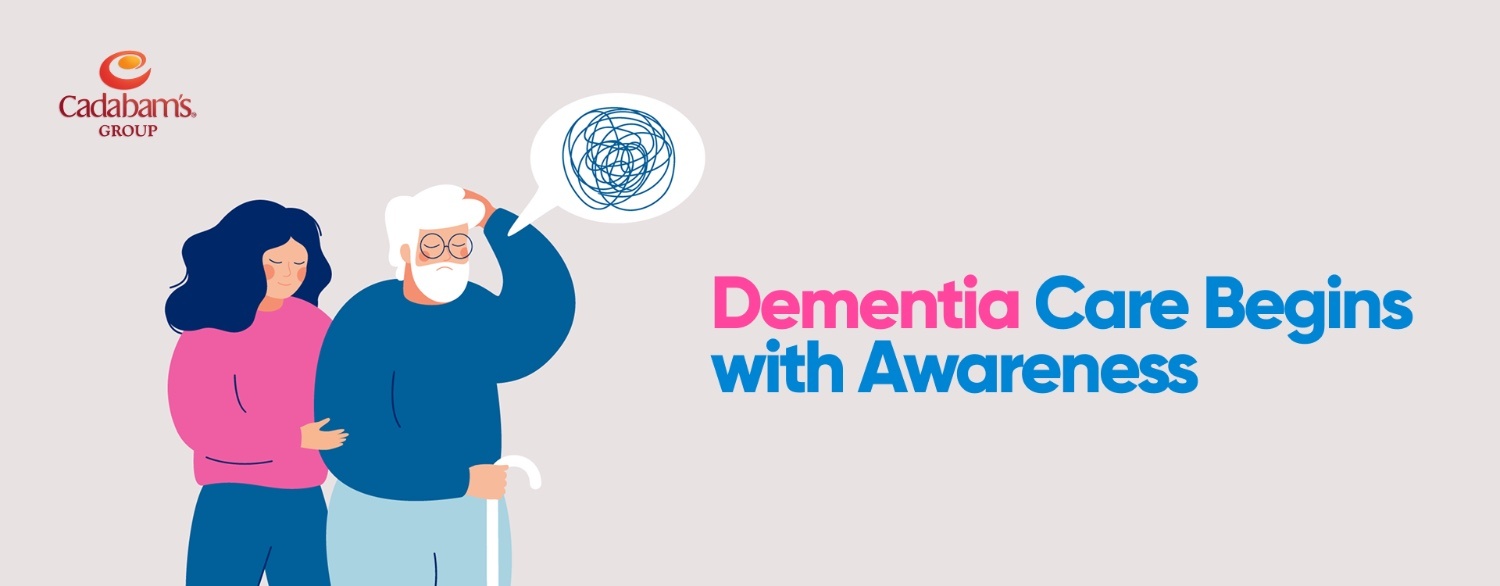September is observed as a ‘World Alzheimer’s Month’ to raise the awareness about dementia and its impact on the world’s adult population. It is a progressive brain illness that affects memory, cognitive thinking and behaviour, compromising an individual’s ability to carry out his or her day-today tasks. Some of the facts to note on Dementia.
- World Health Organisation(WHO) recognises Dementia as a truly global health issue. As per an estimate, the illness affects 47.5 million people worldwide. The number is expected to increase to 75.6 million in 2030. About 7.7 million cases are reported each year worldwide.
- Dementia is not a disease in itself. It is a term used to define collective symptoms like memory loss, confusion, delusions, hallucinations, disorientation, difficulty in communication, etc, caused by other diseases or conditions.
- Alzheimer’s Disease, Vascular Dementia, Frontotemporal Dementia and Dementia with Lewy Bodies are all different types of Dementia. Alzheimer’s is the most common cause of dementia.
- While dementia hits at older age of 65 years and over, it is not a part of getting older. About 5% of dementia cases are reported with early onset of symptoms at the age of 40-50.
- Dementia is a progressive disease which continues to worsen with increasing age.
- It can affect anyone irrespective of their sex, background, education or lifestyle
- There are no specific medications available currently to treat dementia. However, certain medications and treatments can help alleviate or manage some of the behavioural or psychological symptoms.
The social stigma surrounding dementia hinders early diagnosis and timely care which can help the patient lead a relatively better life. Dementia patients and their families often face discrimination which stems from lack of awareness. It is important for family members, friends and caregivers, to speak up and spread the awareness and change the overall perception of the illness which drive such negative connotations.
How to overcome the stigma?
- Connect and engage with online and local support groups to discuss and learn more about dementia.
- Education is a best way to tackle fear and stigma. Create better awareness among online and local communities by sharing factual information.
- Many dismiss dementia as just one of the aging signs. Stay positive and do not be discouraged by denial of the disease. You can educate them about the disease and seek help.
- Stay connected to your family, friends and colleagues for emotional support.
- Only you can be the best advocate of your situation. As a person suffering from dementia or caregiving for one, you can share the personal experience and challenges with others, to eradicate the stigma surrounding it.
.webp)







